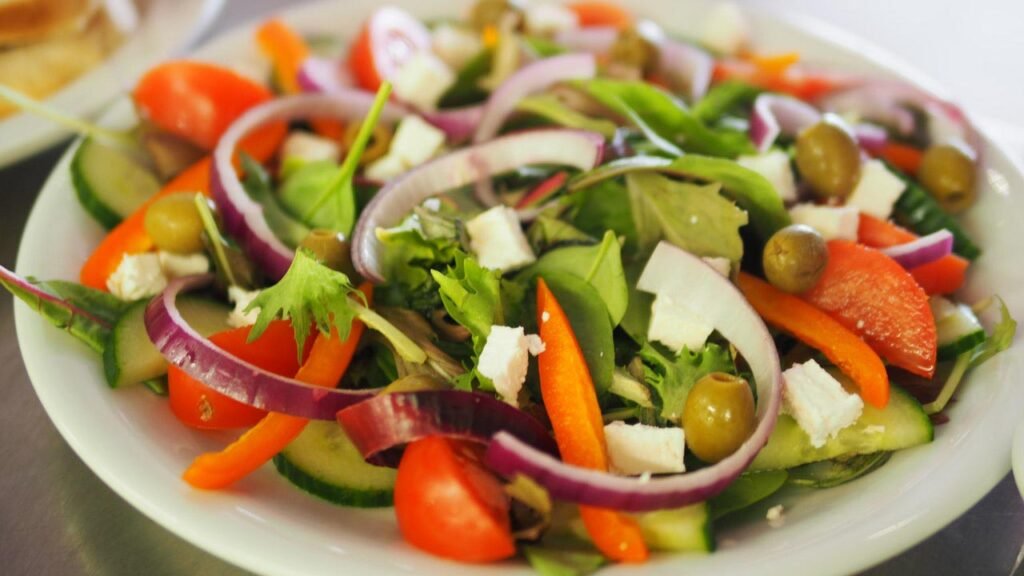Diet During Pregnancy
Diet During Pregnancy
Dr.Kanchan Murarka
What do we mean by diet during pregnancy? When we talk about diet during pregnancy, we do not speak about restricting calories during pregnancy or trying to lose weight, which can actually be hazardous for the baby. Diet during pregnancy means eating right. A nutritious, well-balanced eating plan can be one of the greatest gifts which one gives to the developing baby. Ideally, adopting a healthy eating plan before pregnancy is best but then, it’s never too late to start! Eating nutritious food can improve fertility, keep one healthy during pregnancy and pave the way for an easier labour. It can also help to establish essential building blocks of growth and overall health for the baby. Incorporating a variety of delicious vegetables, whole grains and legumes, lean protein, and other healthy food choices into the diet plan before and during pregnancy gives the baby a strong start in life.
In order to get all the necessary nutrients one must eat from a variety of food groups, including fruits and vegetables, bread and grains, protein sources and dairy products. Typically, during pregnancy one should consume an extra 300 calories a day to meet the calorie requirement due to increased growth of the maternal tissues, fetus, placenta and increased basal metabolic rate. The increased demand is to be compensated by exogenous supply of diet or drugs especially when the women remains active during pregnancy
It is always important to eat a variety of foods which should be light, nutritious , easily digestible and rich in proteins, minerals and vitamins. Three small, but balanced, meals and three light snacks throughout the day are a good rule of thumb to ensure that mother as well as the baby’s nutritional needs are met. The diet should essentially incorporate the following –
Fruits and Vegetables: Fruits and vegetables contain many important nutrients for pregnancy especially, Vitamin C and Folic Acid. Pregnant women need at least 70 mg of Vitamin C daily, which is contained in fruits such as oranges, grapefruits and honeydew, and vegetables such as broccoli, tomatoes, and brussel sprouts. In order to prevent neural tube defects, 0.4 mg of folic acid per day is recommended. A good source of folic acid can be found in dark green leafy vegetables (other sources of folic acid includes legumes, such as black or lima beans, black-eyed peas, and veal. One should have at least 1-2 servings of fruit and 3 or more servings of vegetables daily.

Dairy Products: At least 1000 mg of calcium is needed daily to support a pregnancy. Good sources of calcium include milk, cheese, yogurt, cream soups, and puddings. Some calcium is also found in green vegetables, seafood, beans, and dried peas. The diet should consist of at least half a litre of milk, egg, plenty of green vegetables and fruits as available. Since the developing baby requires a considerable amount of calcium, it takes it from bones of mother which can lead to osteoporosis in future if the calcium is not replenished adequately.
Bread and Grains: The body’s main source of energy for pregnancy comes from the essential carbohydrates found in breads and grains so adequate amount of whole grains should be consumed.
Protein: Meat, poultry, fish, eggs and beans contain the protein, B vitamins and iron needed in pregnancy. The developing baby needs plenty of protein, especially in the second and third trimesters. Experts recommend 75 to 100 grams of protein per day. At least half of the total proteins should be first class containing all the amino acids and majority of the fat should be animal type which contains vitamin A and D.
Supplementary nutritional therapy- There is a negative iron balance during pregnancy and dietetic iron is not enough to meet the daily requirement especially in the second half of the pregnancy. Thus supplementary iron therapy is needed for all pregnant mothers from 20 weeks onward. Vitamins and minerals play important roles in all body functions. Eating healthy foods and taking a prenatal vitamin every day supplies all the vitamins and minerals needed during pregnancy.
During pregnancy, some foods can cause harm to the developing baby. All meats should be thoroughly cooked to avoid exposure to toxoplasmosis, salmonella, and other harmful bacteria. Street foods and junk foods should be avoided. It is important to eliminate tobacco smoke, drug use, and alcohol consumption. Too much of caffeinated beverages (soda, coffee) is also harmful for the developing baby.
Eating healthy and sensibly is very important for the long term development of the baby as well as for keeping the mother strong and healthy.

Dr.Kanchan Murarka
DGO, FIAOG, FICOG, FELLOW (Reproductive Medicine). Infertility Specialist and IVF consultant laparoscopic surgeon




